
ICOS has a strong observational network producing reliable, high quality data. It is well positioned in the European Research Area and is the European pillar of a global information system on greenhouse gases. Thus, ICOS cooperates with other research infrastructures and global institutions -…
Read more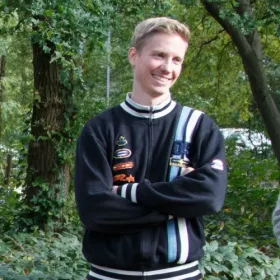
The ICOS ecosystem station Loobos is situated in the middle of the Netherlands, about 70km east of Amsterdam. The area used to be heavily cultivated and was eventually invaded by sand, leading to planting of pine trees on sand dunes in the beginning of the 20th …
Read more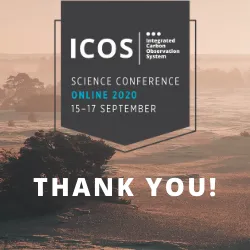
Thank you to everyone who participated or contributed to the 4th ICOS Science Conference last week!
For the first time the 3-day conference was organised entirely virtually – we created a special conference platform to facilitate networking and interaction between the speakers, poster…
Read more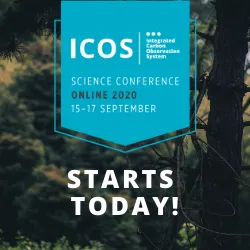
Today is the day we have all been waiting for – the beginning of the 4th ICOS Science Conference!
For the first time the 3-day conference is organised entirelly virtually – we have created a special conference platform to facilitate networking and interaction between the speakers,…
Read more
The first ever mobile app of the ICOS Science Conference is open now. Participants can use the app to plan their personal conference schedule. The app includes presentation times, headlines, authors and abstracts. Participants can just select their favourite speeches clicking a small star -sign…
Read more
The world's oceans soak up more carbon than most scientific models suggest, according to new research. Previous estimates of the movement of carbon between the atmosphere and oceans, known as "flux", have not accounted for temperature differences at the water's surface and a few metres below.…
Read more
First published on September 7, 2020. Translations of this text are available in French, German, Finnish, Swedish, Italian.
ICOS, the Integrated Carbon Observation System, has enabled a set of studies showing how nature and crops in Europe respond to extremely dry conditions, such as…
Read more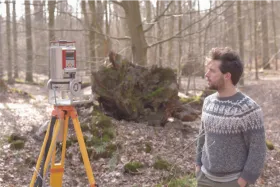
Miro Demol is a PhD student jointly supported by the University of Antwerp and the University of Ghent. His research focuses on measuring 3D forest structure and biomass through a modern technique called terrestrial laser scanning. Applications of these kinds of measurements include measuring…
Read more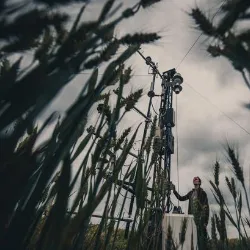
Copernicus is the European Union's Earth Observation Programme coordinated and managed by the European Commission. It offers information services based on satellite Earth Observation and non-space data. This ambitious project is an integral part of implementing the European Green Deal…
Read more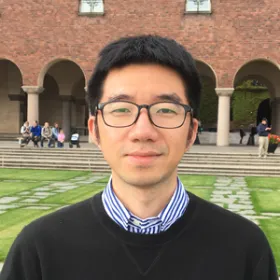
Dr. Zhendong Wu is a researcher and scientific programmer specialising in ecosystem modeling. His role at ICOS Carbon Portal includes setting up and running atmospheric footprint models in operational mode for prognostic and analysed meteorology, and connecting the output to the Carbon Portal…
Read more